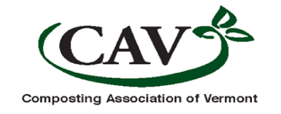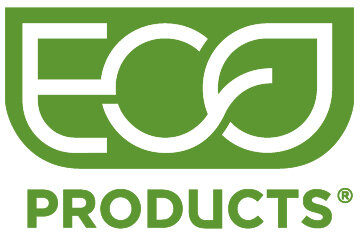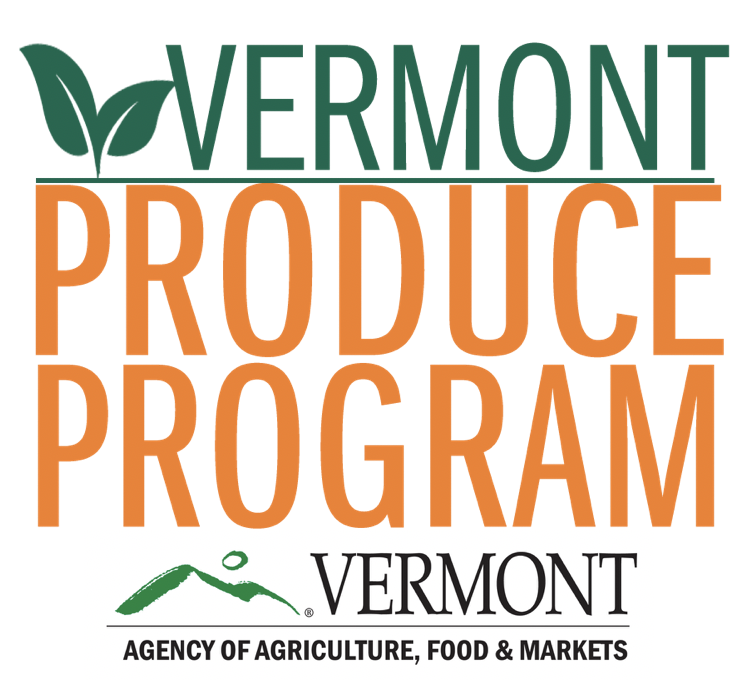Below are the recordings for the (non-tour) sessions from Tuesday May 4th.
10:00-11:30 AM: Food Scrap Composting Success: Stories From the Field
Composting systems come in all shapes and sizes. This panel represents different scales of commercial facilities, as well as on-farm composting. Join us to get an overview of these different types of operations, including permit size; accepted materials; recipe development and sourcing; hauler relations; customer training; marketing; and more. Through discussion you’ll learn about advantages or disadvantages to advancing to the next permit level; systems and process improvements; relationship building; as well as the challenges and opportunities that come with different scale and system choices.
Athena Lee Bradley, Community scale composting, starts at 5:26
Eric Paris, On-farm composting, starts at 10:20
Bob Spencer, Small permitted facility, starts at 21:54
Trevor Mance, Medium permitted facility, starts at 32:28
Kim Stacey, Large permitted facility, starts at 47:29
Q&A starts at 1:02:47
1:00-2:30 PM: Compostables, Disposables, and Durables – A look at food service options in Vermont, the opportunities they offer and the challenges they present
Vermont, its people and its institutions tend to take a progressive approach towards solid waste management and try to make decisions based with minimal environmental impact wherever possible. Balancing between environmental benefit, function, practicality, convenience, and cost is a challenge at best.
Dan Goossen starts at 3:22
Marissa Watson starts at 25:35
Marina McCoy starts at 47:25
Q&A starts at 1:10:05
3:00-4:30 PM: Food Scrap Diversion Strategies for Multi-Unit Complexes
Multi-unit complexes present unique challenges for implementing and sustaining food scrap diversion programs. Many have offsite managers; trash, recycling, and food scrap collection services are often communal, with little oversight; space to expand collection bins to accommodate food scrap collection is often limited; outreach may require special tools for training; many are renter-occupied with higher occupant turnover; and, like other residential areas, issues with bears, raccoons, and squirrels are a concern.
This panel reviews the Vermont Rental Housing Code and compliance for implementation of Act 148 at multi-unit complexes; discuss strategies for collection containers (such as wildlife-resistant containers); working with haulers; program implementation strategies; outreach and education strategies including tools for landlords/property managers, condominium and renter associations, and tenants, such as enhanced resident engagement through community meetings and door-to-door outreach, signage, brochures, etc.; technical assistance tactics for implementation, including tips on how to apply collection charges, dealing with odor, flies, and wildlife issues, low participation, and, more.
John Fay, starts at 4:29
Emma Stuhl, starts at 8:32
Cassandra Hemenway, starts at 27:58
Russell Aminzade, starts at 48:45
Q&A, starts at 57:40
John Fay, starts at 1:05:12
More Q&A starts at 1:09:55
Special thanks to:
Thanks to our Sponsors:
Learn what the Produce Safety Rule means for your business.











